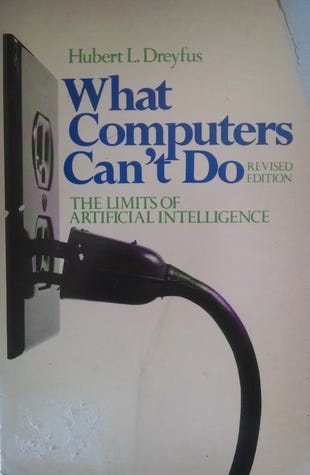A Life of Software Development - Artificial Intelligence, or the lack of it
1984-1987
When I was at the University, doing my M.S., I started to look into Artificial Intelligence (AI) seriously. Although it was not really a part of my major, the topic itself was so interesting that I wanted to understand it better. Since I was a relatively experienced chess player and played for the university team briefly, I looked into Chess programs.
Chess was one of the early targets the 1960's Artificial Intelligence community looked into. Early AI researchers thought that they would have a World Champion Chess Computer program in a decade or so. This was only partially accomplished when Deep Blue beat Kasparov in 1997. However, the algorithms and approach used in Deep Blue and similar successful computer programs hardly looked like what AI researchers thought. Most of them use a game tree and various strategies to optimize the evaluation of alternatives in the game tree. After reading a couple of computer chess books, I gave up on this.
Other forays into the AI field were things like Eliza, which was a program simulating a human therapist, in essence an incarnation of the Turing Test. The early optimism of AI researchers soon dissipated and they started looking into more realistic goals such as Knowledge-Based Systems (which rely on a Knowledge Base, or a set of rules, rather than sophisticated algorithms imitating human thinking).
In the same time period, I was attending informal weekly meetings organized by a publishing house that covered a variety of topics in literature, culture and other things. I met a fellow who had studied philosophy at Berkeley but did not finish his Ph. D. The legacy he had from Berkeley included a lot of information about the Berkeley professor and philosopher Hubert Dreyfus, who is accepted to be one of the foremost critics of Artificial Intelligence and Computer Systems. I had the chance to read his book What Computers Can't Do? A Critic of Artificial Intelligence, which basically explains that it is not possible for a computer to duplicate human behavior perfectly, the reason for this being that humans have a body and are immersed in the physical world, and also have physical experience in this world, unlike computers, which do not experience the world in the physical sense. It opened my eyes to the limits of artificial systems and long-term expectations from Information Technology.
I got a course on Logic Programming and learned the Prolog language. This language is based on predicate logic and represents "facts" (atomic statements) and "rules" in a syntax similar to predicate logic. After writing a couple of fun programs, such as a Medical Diagnostic program that used probabilities and rules about medical symptoms, I did not find too much of a use for this specific language and went back to more traditional languages.
Although neural network research existed for a long time when I was looking into AI, it was not possible to put these to practical use at that time. We did not have the luxury of deep neural networks of generative AI models, thus the use of AI was restricted to pure research and required dedicated hardware.


